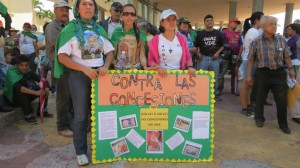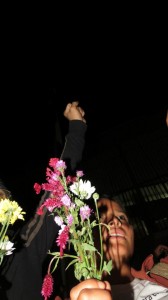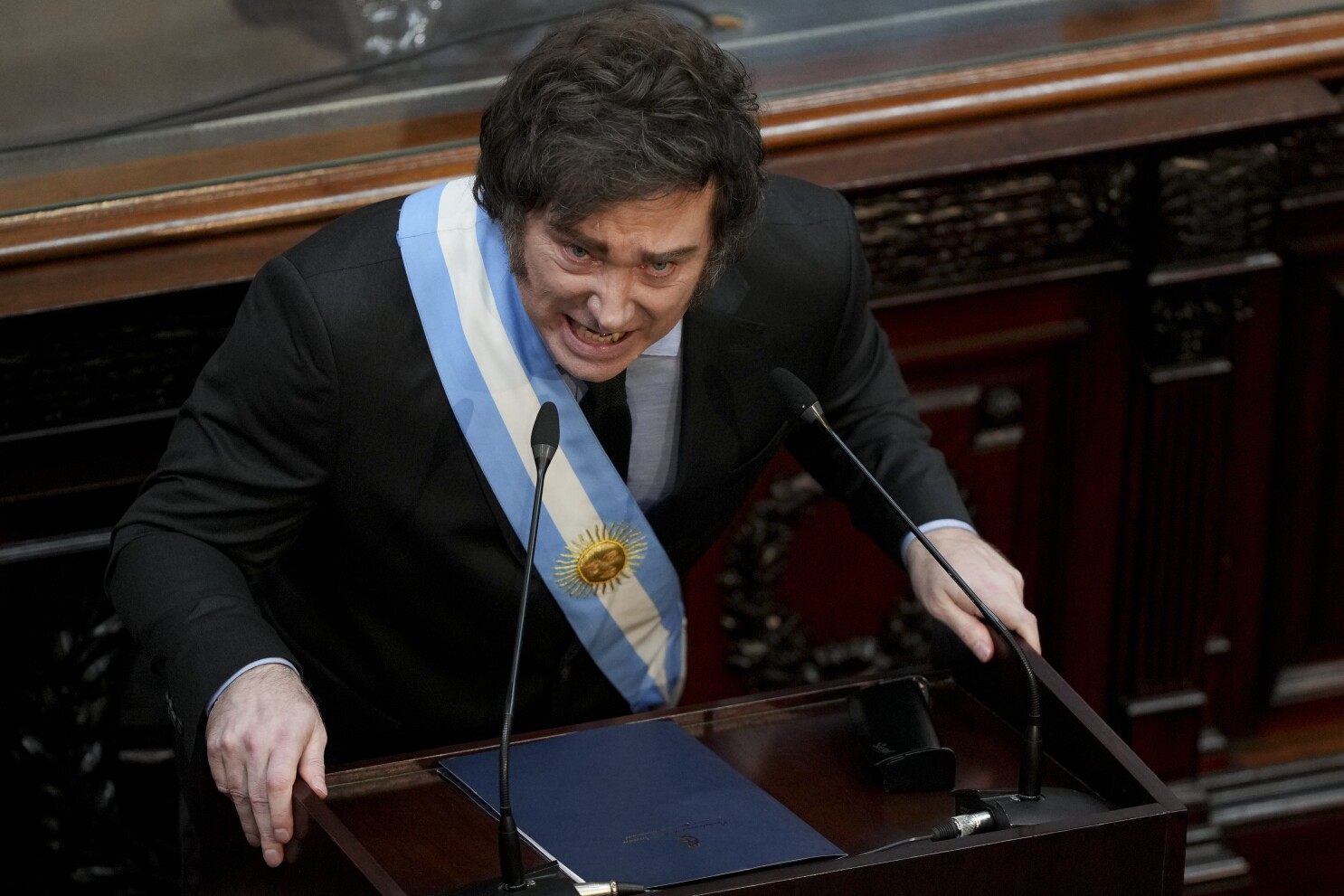 Does this path have a heart? If it does, the path is good; if it doesn’t, it is of no use. Both paths lead nowhere; but one has a heart, the other doesn’t. One makes for a joyful journey; as long as you follow it, you are one with it. The teachings of Don Juan, Carlos Castañeda
Does this path have a heart? If it does, the path is good; if it doesn’t, it is of no use. Both paths lead nowhere; but one has a heart, the other doesn’t. One makes for a joyful journey; as long as you follow it, you are one with it. The teachings of Don Juan, Carlos Castañeda
There are many ways to walk. We begin to move in the familiar world, in a valient exercise of growing and testing the prohibited: the strangely shaped glass, the colored crayons to scribble on walls, grandpa’s radio, mother’s necklaces, the candy they already gave us but that we want more of, and maybe even big sister’s notebooks to hide them just to watch her get mad. It’s our way of tasting the world and embracing life.
To walk is more than a simple exercise in locomotion and movement (like we’re taught in school). We walk for our need to go somewhere, even when we don’t know if we´ll get there or not. Each person that begins a walk does so with confidence and the hope of arriving and being able to be in a brief space of time: to arrive home to rest and drink coffee in the afternoons, to arrive to hug a person long missed, to arrive to feel the ocean under our feet or the smell of wet earth, to arrive to share laughter, pain and the voices of our friends.
For ten days, men and women from different places walked on a journey of many kilometers toward the capital of Honduras, making stops along the way, accompanied by people who joined in solidarity. Called “Step by Step for Dignity and National Sovereignty”, nothing is more certain than that, since the walkers demand the derogation of the Law of Special Development Regions, proposed and commonly known as “Model Cities”, that threatens to divvy up our national territory and sell it to the highest bidder. They also demand the liberation of our campesino leader Chavelo Morales, derogation of the Mining Law and cancelation of environmental edicts that privatize water, energy and natural resources.
At the center of the march were indigenous, Afro-Honduran, and peasant women, as well as feminists from different currents and backgrounds who were moved by the commitment to add their steps to those of the walkers.
When asked what this walk had to do with the feminist agenda, I received many responses. Gilda Rivera, director of the Center for Women’s Rights, said, “In this situation we live in, where they’ve taken away so much, we have to maintain our dignity. As feminists we’re committed to this Honduras that we love, its resources and its goods; we are committed to building a new Motherland.”
Sue, from the Circle of Feminist Studies, participated because, “It moved my heart to see the people so willing to come out, struggle. Because the Walk wasn’t just to make demands of a government that wasn’t responding to the needs of its people—the walk was to meet each other, to realize that we are together in this process that we’re building and continuing to have better living conditions.”
Noemi of the Forum of Women for Life said, “I was in the Walk because I believe in life, happiness and hope. I believe that we can change this reality that oppresses us even though they tell us we can’t. This is our path and our feminist spirit.”
Listening to them I thought of the different paths that unite us and mark us, the ones we choose to follow, “paths with heart”, as the real or fictitious character of Don Juan Matus, Mexican shaman, would say. Paths that we can only follow if our soul is in it, even if we have little chance of success. Because we don’t know if this protest will really work to change the situation of violence, insecurity and the fire sale of national territory. But we walk for the sole possibility of changing it, for believing in a world where our fighting spirit can change things.
This day, March 8, feminists and women from many places gather with the men and women of the Walk in a fiesta of colors. Thousands of words and hundreds of bodies sharing a dream, embracing life and resisting on the same road, one that without doubt is one of the many paths that lead forward in this, our Honduras.
Jessica Isla is a Honduran journalist, author, and member of Feminists in Resistance in Tegucigalpa. She is a monthly columnist for the America s Updater of the CIP Americas Program.
s Updater of the CIP Americas Program.
Translation: Laura Carlsen
Photos: Luis Mendez



